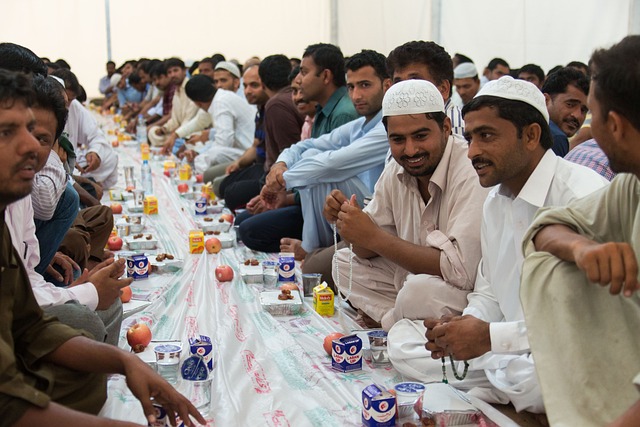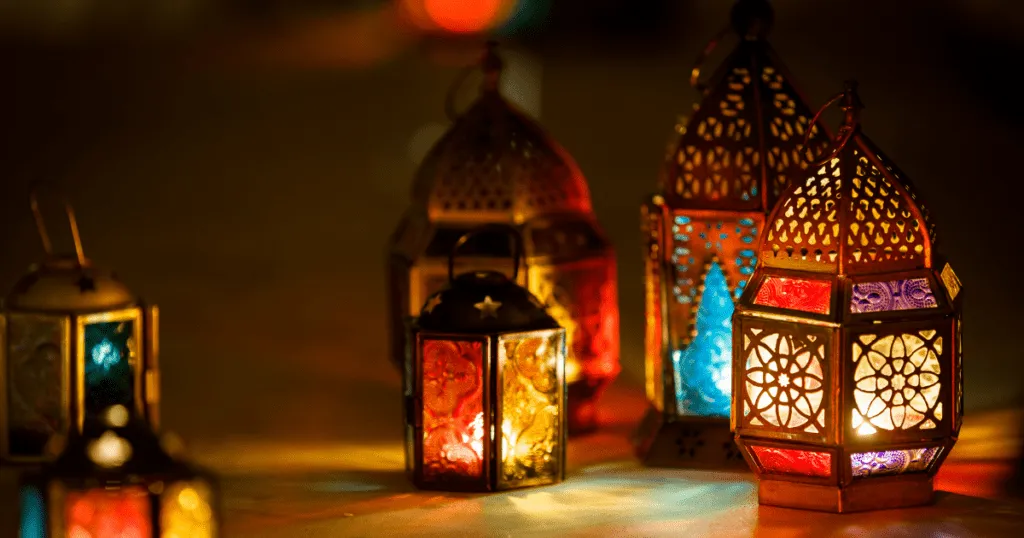Ramadan is one of the holiest months in Islam, observed by millions of Muslims around the world. It is a time of fasting, prayer, reflection, and community. But Ramadan is more than just abstaining from food and drink; it is about spiritual growth, self-discipline, and strengthening one’s relationship with God.
What is Ramadan?
Ramadan is the ninth month of the Islamic lunar calendar. It is observed as a month of fasting (Sawm) from dawn until sunset. Muslims believe that during this time, the Quran was revealed to the Prophet Muhammad (PBUH) as a guidance for humanity.
Significance of Ramadan in Islam
Fasting during Ramadan is one of the Five Pillars of Islam. It is considered an act of worship and devotion, allowing Muslims to purify their hearts, seek forgiveness, and develop self-control.
When Does Ramadan Occur?
Ramadan follows the Islamic lunar calendar, meaning its start date changes every year. It begins when the new crescent moon is sighted, and it lasts for 29 or 30 days.
The Spiritual Importance of Fasting (Sawm)
Fasting is not just about refraining from eating and drinking. It includes abstaining from sinful behaviors, negative thoughts, and harmful actions. It teaches patience, humility, and gratitude.

Daily Routine During Ramadan
Suhoor: The Pre-Dawn Meal
Before fasting begins, Muslims wake up before dawn to eat a nutritious meal called Suhoor. It helps sustain them throughout the day.
Iftar: Breaking the Fast
At sunset, Muslims break their fast with dates and water, following the tradition of Prophet Muhammad (PBUH). This is followed by a meal shared with family and friends.
Acts of Worship and Good Deeds
Increased Prayers and Quran Recitation
During Ramadan, Muslims engage in extra prayers, including Taraweeh, a special nightly prayer performed in congregation.
Giving to Charity (Zakat and Sadaqah)
Charitable giving is emphasized during Ramadan. Muslims give Zakat (mandatory charity) and Sadaqah (voluntary charity) to help those in need.
The Night of Power (Laylat al-Qadr)
This is considered the holiest night of Ramadan, occurring in the last ten days. It is believed to be the night when the Quran was first revealed. Worship on this night is said to be more valuable than a thousand months.

Health Benefits of Fasting
Fasting has been linked to numerous health benefits, including:
- Improved metabolism
- Better digestion
- Detoxification of the body
- Increased mental clarity
Challenges Faced During Ramadan and How to Overcome Them
Many people struggle with thirst, fatigue, and lack of energy. Staying hydrated during Suhoor, consuming nutritious foods, and getting enough rest can help manage these challenges.
How Different Cultures Celebrate Ramadan
Ramadan is observed differently around the world. From the lanterns in Egypt to the special delicacies in Indonesia, every culture has its unique traditions.
Eid al-Fitr: The Celebration After Ramadan
At the end of Ramadan, Muslims celebrate Eid al-Fitr. It is a day of joy, feasting, and giving thanks to God.
Ramadan Etiquette: Dos and Don’ts
Dos:
- Show respect for those who are fasting
- Engage in acts of kindness and worship
Don’ts:
- Eat, drink, or smoke in public during fasting hours in Muslim-majority countries
- Engage in arguments or negative behavior
Common Myths and Misconceptions About Ramadan
- Myth: Fasting is unhealthy.
Reality: When done correctly, fasting has many health benefits. - Myth: Only food and drink are prohibited.
Reality: Fasting also includes refraining from bad habits.
Conclusion
Ramadan is more than just fasting; it is a journey of self-improvement and spiritual connection. It teaches discipline, gratitude, and compassion. Whether you are observing Ramadan or learning about it, understanding its significance can help build respect and unity.
FAQs About Ramadan
1. Can non-Muslims participate in Ramadan?
Yes! Non-Muslims can join in by fasting, attending Iftar gatherings, or simply learning more about Ramadan.
2. What happens if someone cannot fast due to health reasons?
Those who cannot fast due to illness, pregnancy, or other valid reasons are exempt and can make up for it later or feed the needy.
3. What foods are typically eaten during Iftar?
Dates, water, soup, rice dishes, and various meats are commonly eaten, depending on cultural traditions.
4. Can children fast during Ramadan?
Children are not required to fast until they reach puberty, but many start practicing at a young age.
5. Why does Ramadan date change every year?
Since the Islamic calendar is lunar-based, Ramadan shifts by about 10-12 days each year in the Gregorian calendar.

